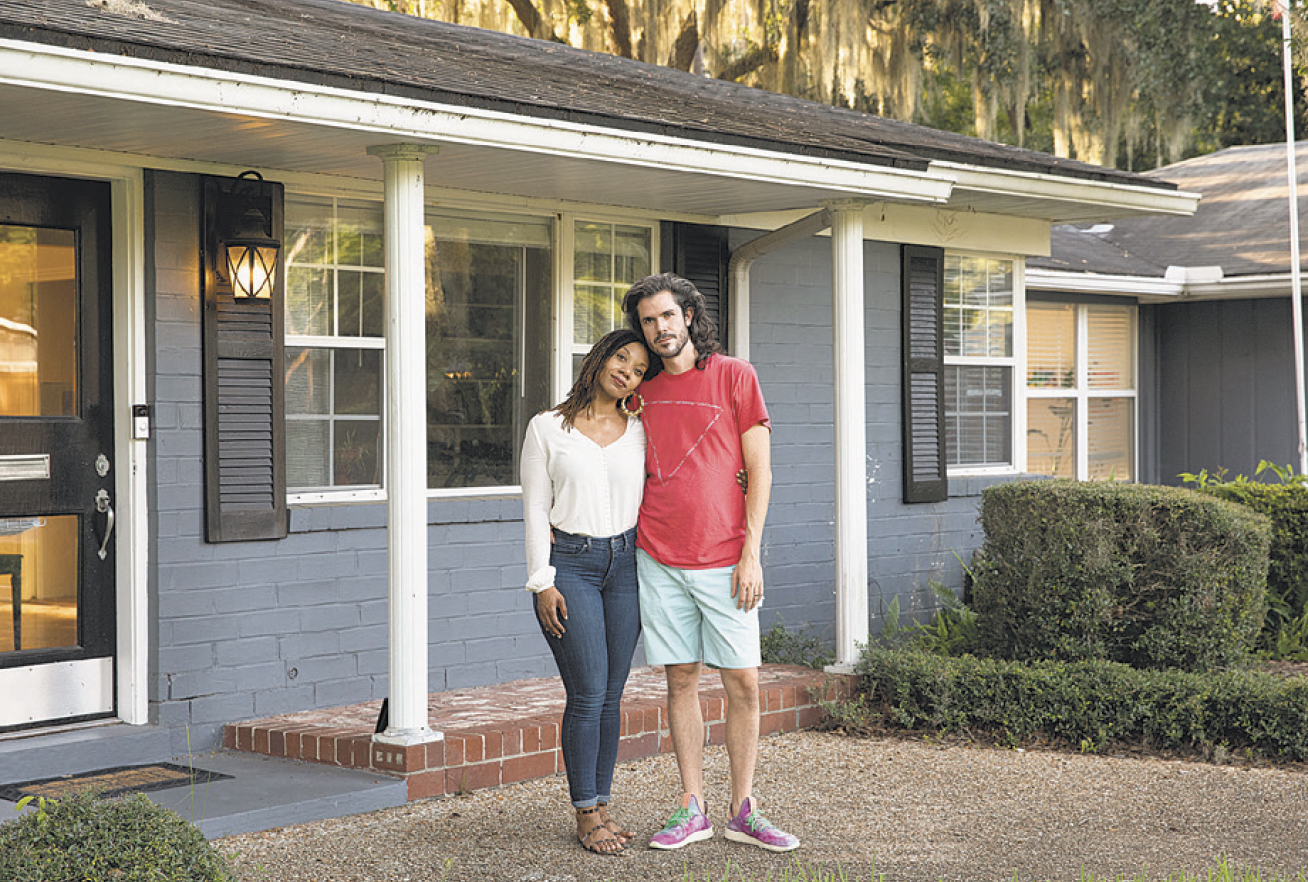Black homeowners can challenge racist appraisals

Many Black homeowners who suspect that discrimination led to an unfair appraisal of their house could request a review and a potential do-over, under a federal proposal that will likely go into effect this year.
Currently, a homeowner has to wade through a morass of ambiguous bureaucracy to challenge what they believe is an unfair valuation of their home. But under the proposal, a homeowner with a mortgage insured by the Federal Housing Administration would have uniform steps to follow to object to an appraisal.
FHA loans are government- backed mortgages available to buyers with lower credit scores and less money down than preferred for conventional loans. More than 83% of the 1.3 million FHA mortgages issued in 2020 were to first-time homebuyers, and nearly 13% of the loans were given to Black people.
The new review process includes racial discrimination as a reason for a review. It comes as part of a push from the Biden administration to root out racism in appraisals. The plan is under review and open for public feedback through Feb. 2. Housing and Urban Development officials say they hope to finalize its language and implement it in the next 60 days.
Marcia L. Fudge, secretary of housing and urban development, announced the new review process Jan. 13 during a screening of “Our America: Lowballed,†a new ABC documentary on appraisal bias in the United States, co-hosted by the Brookings Institution and the National Fair Housing Alliance. “For decades the appraisal complaint process has been one-sided,†Fudge said at the event. “Having a system that is a check on itself is not working, and we are looking to change it.â€
This would be the first time that HUD has specifically cited bias or violations of fair housing laws as a legitimate cause for flagging, and potentially scrapping, an appraisal — a major step that follows widespread allegations from Black homeowners that their homes’ values were lowballed because of their race. Dozens of homeowners have come forward in recent years to allege discrimination, and many have tried to prove bias in their homes’ valuations through what is known as the “whitewashing experiment.†Homeowners scrub their property of any signs that Black people are the occupants.
In some cases the gulf in valuations amounts to hundreds of thousands of dollars. After a white appraiser gave their Baltimore-area house a value of $472,000 in 2021, Nathan Connolly and his wife, Shani Mott, both professors at Johns Hopkins University, conducted a whitewashing experiment, removing family photos, posters and books from their home and asking a white friend to stand in for them. Months later a second appraiser, unaware a Black family lived in the home, gave the property a value of $750,000.
Abena and Alex Horton wanted to take advantage of low home-refinance rates brought on by the coronavirus crisis. So in June 2020 they took the first step in that process, welcoming a home appraiser into their four-bedroom, four-bath ranch-style house in Jacksonville, Fla.
The Hortons lived in a predominantly white neighborhood of 1950s homes that tend to sell for $350,000 to $550,000. They had expected their home to appraise for around $450,000, but the appraiser felt differently, assigning a value of $330,000. Abena Horton, who is Black, immediately suspected discrimination.
The couple’s bank agreed that the value was off and ordered a second appraisal. But before the new appraiser could arrive, Horton, a lawyer, began an experiment: She took all family photos off the mantle. Instead, she hung up a series of oil paintings of Alex Horton, who is white, and his grandparents that had been in storage. Books by Zora Neale Hurston and Toni Morrison were taken off the shelves, and holiday photo cards sent by friends were edited so that only those showing white families were left on display. On the day of the appraisal, Abena Horton took the couple’s 6-year-old son on a shopping trip to Target and left Alex Horton alone at home to answer the door.
The new appraiser gave their home a value of $465,000 — a more than 40% increase from the first appraisal.
———
New York Times reporter Debra Kamin contributed to this story.




